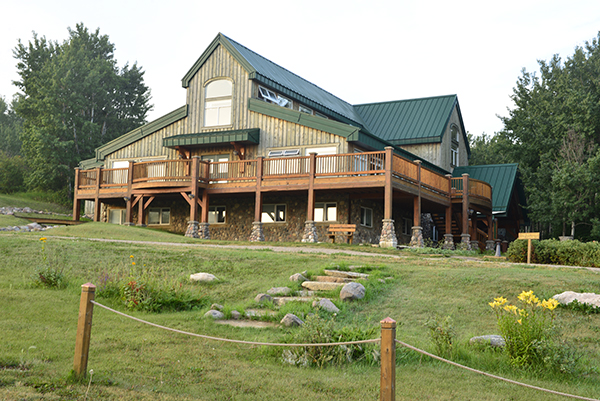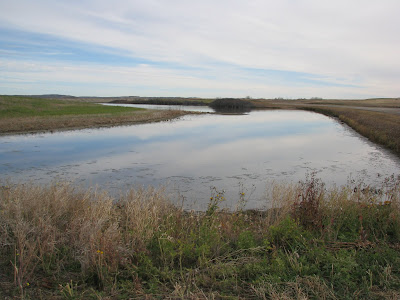Somebody turn on the light, please. . .

Shekinah Timber Lodge Everyone who does evil hates the light, and will not come into the light for fear that their deeds will be exposed. But whoever lives by the truth comes into the light, so that it may be seen plainly that what they have done has been done in the sight of God. (John 3:20-21, NIV) Light and dark make powerful metaphors for all kinds of human experience. The prophets and the gospels are full of their illustrative power. The passage from John must have come to mind to many who watched and sought to understand the meaning of the Ford/Kavanaugh hearing on Thursday. As an attempt to bring Ford's accusation and Kavanaugh's defence into the light, the process failed, the only clue to where light and dark might lie rested in the demeanour of the two witnesses. Judging the veracity of Ford's accusation and Kavanaugh's defence came down to groping in the darkness of bias, prejudices and personal interest. People perpetrating crimes—includi


